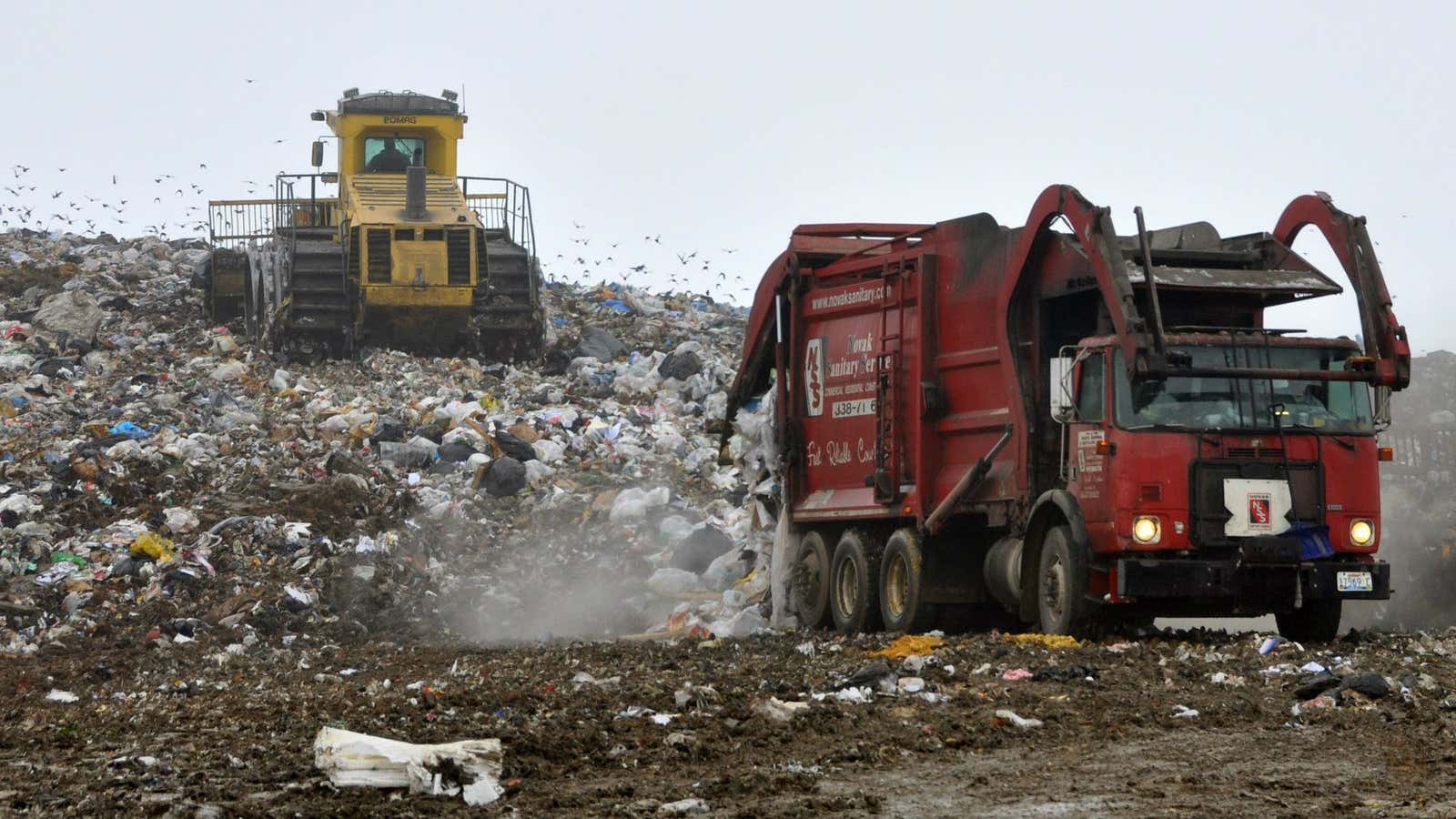Ian Wright was one of the five original founders of Tesla Motors, so he knows a thing or two about electric vehicles.
In fact, according to this great account of the origins of Tesla, he was the third person to join the company in 2003, and along with original CEO Martin Eberhard, he directly pitched the idea of making electric cars to Elon Musk in his SpaceX office in Los Angeles. Wright left Tesla on good terms about a year after it was founded, but he has stayed in the electric-car game. A creation of his, named the X1, is the fastest “street legal” electric car in the world, he says.
However, these days, while Musk and Tesla’s ambition is to bring electric vehicles to the masses, Wright has a different vision. He wants to transform the market for the huge trucks that consume the most fuel and thus emit the most pollution.
His company, Wrightspeed, makes range extending, electric powertrains that can be used to make existing medium- and heavy-duty trucks more efficient in energy consumption, and thus greener. It has already won a deal from FedEx to use its technology in some delivery vehicles. Now it’s targeting gas guzzling, high-emissions garbage trucks. (It’s not alone in this space; a company called Motiv last year began supplying electric garbage trucks to the city of Chicago.) Obviously, this is a much smaller market than the consumers Tesla is going after, but Wright argues, still a lucrative one.
“Consumer automobiles don’t burn enough fuel,” he tells Quartz. “Family cars burn about 600 gallons a year. If you make that [family car] electric you are going to add $15,000, at least, to the cost of that car and maybe only save $1,500 [in fuel costs]. So maybe a 10-year payback. If you you go to garbage trucks they are burning maybe 14,000 gallons a year, so you can save $35,000 in fuel and $20,000 in maintenance.”
For companies with large fleets of garbage trucks, which can cost $500,000 each, this could amount to a lot of money. Wrightspeed’s technology can cost up to $200,000 per vehicle, but could pay for itself in four years, based on these numbers.
And these potential cost savings are one way Wrightspeed stands out from Tesla, Wright argues. “They are not selling the economic proposition at all, but we are. A fleet operator can do the payback calculation; they don’t care what it looks like or whether their neighbor has one.”
That sounds like a veiled swipe at Tesla, but Wright has nothing but praise for his former employer. “If you look at what Tesla has already achieved it is totally awesome,” he says. “We wanted to change people’s perception about electric cars. People thought they were golf carts. They don’t think that anymore,” he says.
Wrightspeed is in talks with investors about raising capital for further expansion, he says. The success of Tesla can’t hurt in that process. Tesla cars, he points out, have been outselling many luxury marques in the US. ”For a startup car company, that was beyond our dreams,” Wright says.
